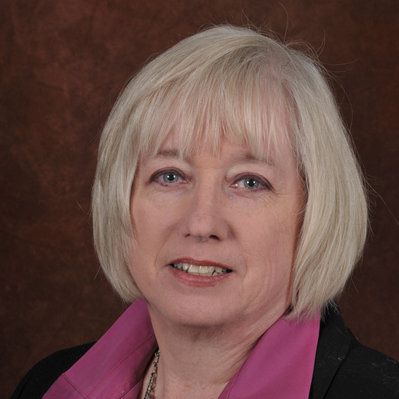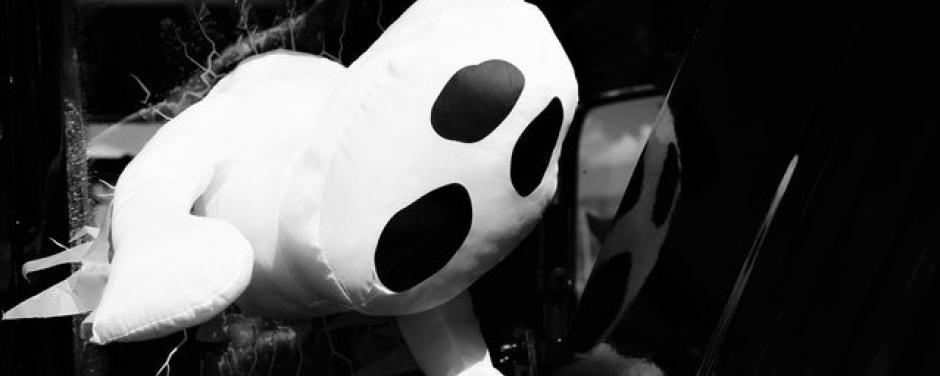From Reverend Pat Kriss: What You Might Not Know About Halloween
(Posted October 27, 2018)
As we head into the deepest part of the Fall months, the shadows deepen, and a chill haunts the air. At least in American culture (and through the constant pressure of advertising), our children’s thoughts turn to witches, ghouls, ghosts and skeletons, PLUS a big haul of candy on October 31. And parents’ thoughts turn gloomily to cavities and dental visits.
But if the truth be told, I will bet that you don’t even know who the people who were first condemned as witches were. The first witches, according to the Roman Empire WERE US. That’s right. Christians. It’s not coincidental that Nero burned the first Christians in his garden, and that for centuries later, so-called witches were rounded up and burned at the stake. Why? Because these latter people were also different. They were outsiders. For the most part they maintained the old country religion of the pagans.
Worship with Us
Services begin at 10 a.m. All are welcome.
In the British Isles including Ireland, they also kept the old agricultural calendar, whose equivalent of New Year’s Day fell on November 1. The night before, on October 31, called Samhain and pronounced “Sawen”, tradition told the people that the veil that separates this world from the world ahead where the souls and spirits of those passed on, that veil thinned enough for some spirits to cross over. So the pre-Christian inhabitants felt that they needed something to ward off those spirits, to scare them. And the townspeople would for that night dress up in odd garments to ward them off. In Ireland they would also take turnips, hollow them out, put spooky faces on them and light them with candles, to ward off the gloom, especially when cutting through the churchyard. It was early in the Christian Church’s history when the church fathers looked around at all these costumed spirit believers, and knew they needed to counteract it with goodness. So they created a holiday, early in the 4th Century, to celebrate the holiest of those who had passed on called All Saints Day, on November 1. It was called Hollowmas, for holiness, and of course the night before became All Hollow’s Eve, or Halloween.
But Halloween is not the most significant thing to occur on October 31. On that date in 1517, the people in Castle Church in Wittenberg, Germany, heard a fierce pounding on the doors of the Castle Church. These were no Halloween revelers. Instead it was a young monk named Martin Luther nailing up his 95 Theses on that door, about the corruption in the Catholic church and outlining what must be done. Luther did not mince words about a church he felt had become corrupt to the core, because it had been waging a long war and had piled up debts. The church had been selling “indulgences” which were supposed to be passes for getting out of Purgatory sooner when one died, if one had the cash to give the church. With every stroke of his hammer, the faithful were splitting away from the old corruption, to become part of the Reformation, and of Protestantism.
So this Sunday, we will not only keep the tradition of carving pumpkins after Church to ward off the spirits; we will be singing Protestant hymns and remembering how the bravery of one man changed Christian theology forever. --- Pastor Pat Kriss

